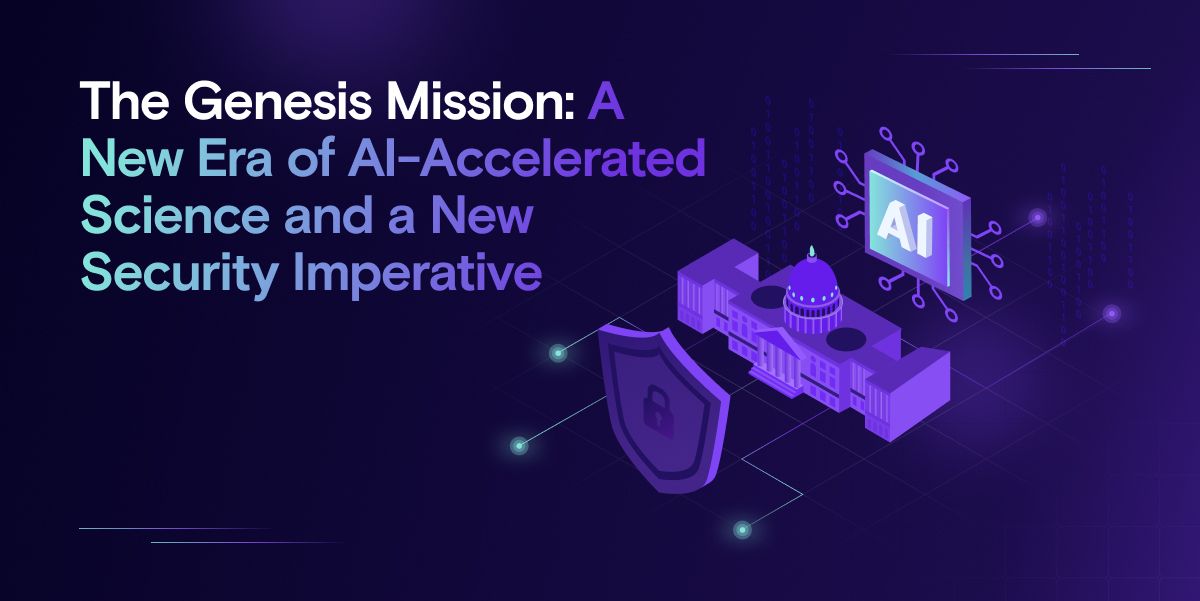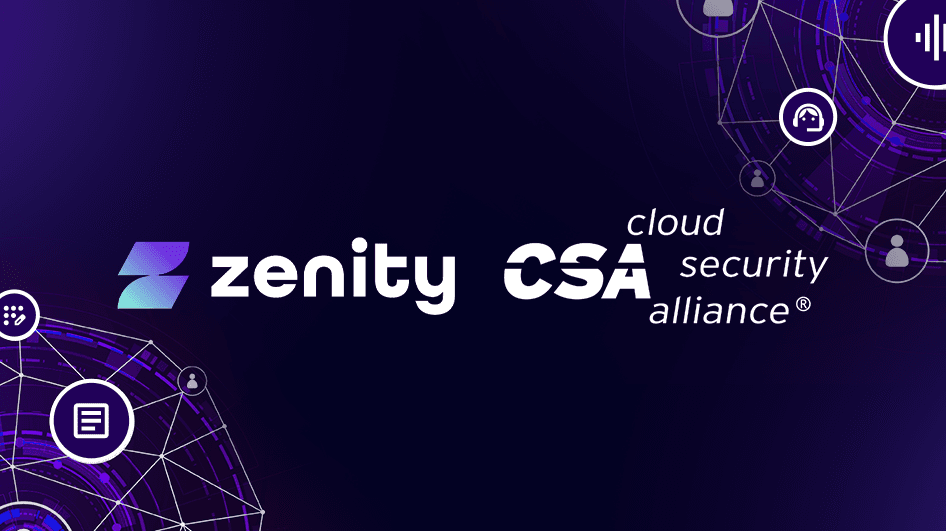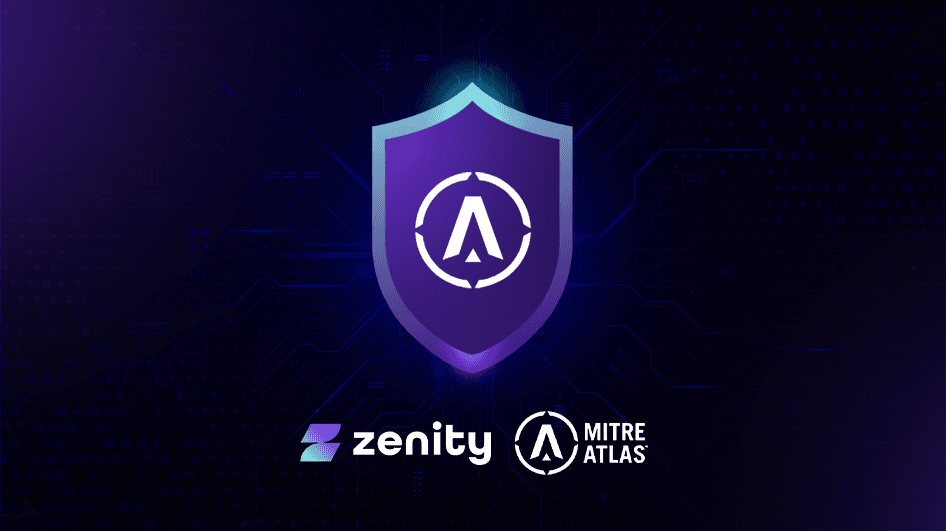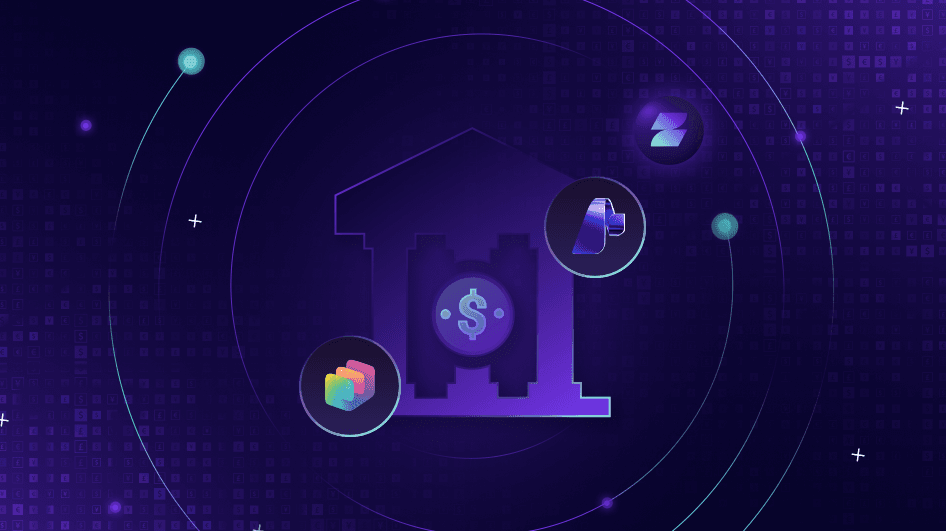The Genesis Mission: A New Era of AI-Accelerated Science and a New Security Imperative

Innovation has always been the engine of American advancement. With the launch of the Genesis Mission, the White House is signaling a new era of AI-accelerated scientific discovery. This executive order directs the Department of Energy to build an integrated, national-scale AI platform designed to unlock scientific breakthroughs across biotechnology, energy, materials, quantum systems, and beyond.
By consolidating decades of government-funded scientific datasets, national lab compute power, and AI-driven autonomous experimentation, the Genesis Mission aims to transform how the United States conducts research. Done right, this could dramatically compress research timelines and bolster U.S. competitiveness in critical fields.
But concentrating this much data, capability, and national strategic value in one place also creates something else:
A high-value target.
A Breakthrough for Science and a Magnet for Adversaries
The Genesis Mission is undeniably exciting. It also represents a massively attractive target for adversaries, particularly nation-state actors who view AI-powered research as a lever for geopolitical advantage.
Aggregate the nation’s most sensitive scientific knowledge, cutting-edge AI agents, high-performance compute, and autonomous experimentation systems into a single platform, concentrates risk. The U.S. must treat it not as an experimental research initiative, rather as a critical national infrastructure.
Getting the foundations right on day one is non-negotiable.
This platform could ultimately house:
- High-value scientific datasets
- Proprietary or sensitive models
- Mission-critical research workflows
- AI agents capable of experimenting, testing designs, running simulations, and producing scientific outputs at scale
That means security must encompass not just the data, but the models, agents, tools, workflows, and human interactions that power the system.
This includes ensuring:
- AI models are continuously monitored for hallucinations, misleading outputs, or unsafe scientific outcomes
- Adversaries cannot poison datasets, manipulate outputs, or compromise downstream experiments
- Sophisticated threat actors cannot abuse or subvert AI agents to infiltrate or misuse the platform
A mission of this magnitude requires defense-in-depth, purpose-built for agentic and autonomous AI systems not simply traditional cybersecurity controls wrapped around a new technology.
Security Recommendations for a Secure Genesis Platform
Below are foundational controls the initiative should adopt to ensure resilience, safety, and integrity from the outset.
1. Clear and Consistent Data Labeling & Segmentation
The Genesis platform will bring together datasets with vastly different sensitivity levels from publicly accessible scientific data to restricted, federally protected research assets. Data labeling, access tiering, lineage tracking, and provenance metadata must be applied automatically and immutably at ingestion. Without this foundation, the risk of accidental exposure, unauthorized inference, or cross-domain contamination becomes unmanageable at national scale.
2. A Unified Use Case Strategy With Security Built In From Day Zero
Every scientific workflow should be defined with security expectations upfront. This includes specifying allowable inputs and outputs, constraints on tool use, sensitivity of the underlying data, and potential misuse or dual-use pathways. Building this structure early ensures that AI-accelerated research practices evolve safely as the platform matures.
3. Model Security Considerations
Scientific models deployed within Genesis must be continuously evaluated and protected. This includes adversarially robust training, routine red-team exercises focused on scientific misuse, monitoring for drift or degradation, and safeguards against model extraction or inversion. As models begin influencing experimental design and discovery pathways, their reliability and resilience become central to system integrity.
4. Agentic Security Architecture
AI agents capable of planning, experimenting, and interacting with tools introduce entirely new threat vectors. Each agent requires granular policy enforcement, constrained autonomy, and guardrails around external actions. Oversight mechanisms must detect anomalous behavior in real time and prevent cross-agent contamination or escalation.
5. Secure-by-Default Templates for Agents
To ensure consistency and safety, agents should be instantiated from secure templates that include predefined permissions, data-access boundaries, rate limits, verified toolchains, and explicit domain-specific constraints. These templates reduce risk during deployment and prevent accidental over-privileging or unsafe tool use.
6. Deep Behavioral Monitoring
Agents, models, and scientific workflows require continuous monitoring against expected behavior. The system must surface deviations immediately, whether abnormal tool use, suspicious data access patterns, or experimental pathways that diverge from intended research objectives. Fast visibility enables fast containment.
7. Integrated, Rapid Response Capabilities
When unsafe behavior, anomalous outputs, or suspected compromise occurs, the platform needs a coordinated response capability. This should include instant investigation, rapid containment, AI-specific incident playbooks, and cross-layer forensics spanning data, models, agents, and compute infrastructure. Coordination with national labs and federal security agencies is essential.
8. Enforcement of Risky Behavior Policies
Genesis requires clear criteria for blocking unsafe actions, halting high-risk tool calls, flagging unexplained scientific outputs, and escalating dual-use or safety concerns. These policies must be enforced automatically (not left to manual interpretation) given the speed and autonomy of agentic systems.
9. Comprehensive Auditing & Logging
Every action across the data, model, and agent layers must be logged, correlated, and preserved. In a system where autonomous agents can modify workflows or generate new research directions, auditability is essential for understanding what happened, why it happened, and how to prevent it from happening again. Logs must be tamper-evident and designed to support federal oversight and investigation workflows.
Doing This Right for the Best Outcome
The first integrated AI platform for national scientific research carries extraordinary promise. It has the potential to accelerate breakthroughs in areas central to national security, economic growth, and global leadership.
AI was built for challenges like these and now it’s being put to the test.
But its success hinges on whether we build the Genesis Mission on a secure, resilient, and trustworthy foundation. That means applying modern AI-security principles that recognize this isn’t just a research tool. It’s an engine of national power.
If we do this right, Genesis can usher in a new era of safer, faster, more impactful scientific discovery.
Related blog posts

Securing AI Where It Acts: Why Agents Now Define AI Risk
In the first round of the AI gold rush, most conversations about AI security centered on models: large language...

Advancing AI Security: Zenity’s Contributions to MITRE ATLAS’ First 2026 Update
MITRE ATLAS has become a critical resource for cybersecurity leaders navigating the rapidly evolving world of AI-enabled...

Considerations for Microsoft Copilot Studio vs. Foundry in Financial Services
Financial services organizations are increasingly turning to AI agents to drive productivity, automate workflows,...
Secure Your Agents
We’d love to chat with you about how your team can secure and govern AI Agents everywhere.
Get a Demo